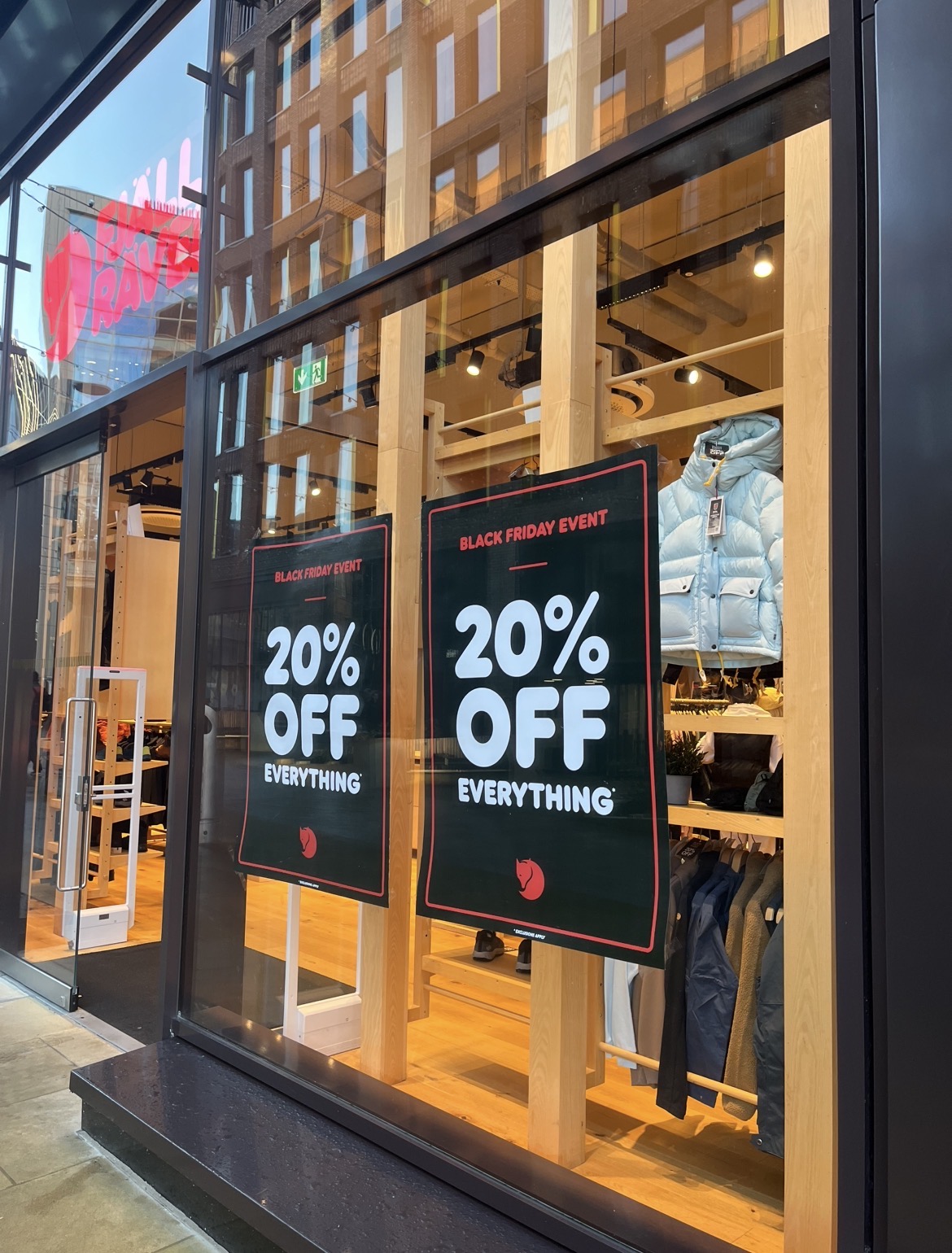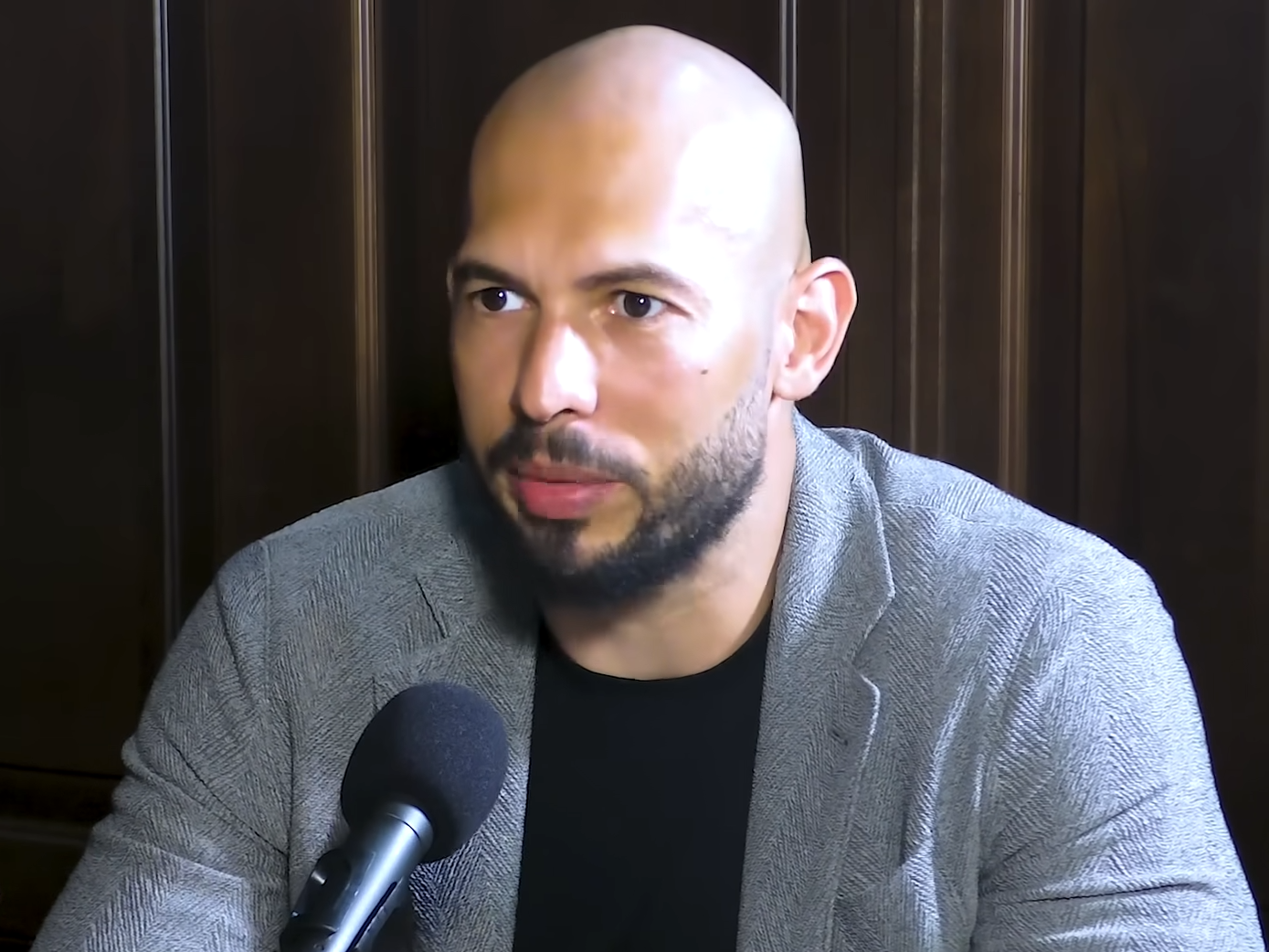As promotions begin, some businesses are bringing alternatives to the typical Black Friday trends of overspending and overconsumption with more ethical practices.
According to PwC, Black Friday spending today in the UK is expected to rise by 1.5% on last year’s numbers to £6.4bn.
Although interest in Black Friday appears to have decreased, from 53% of shoppers last year to 46% this year, the average spend is expected to rise by 13% to £262 per head.
This is the highest level of spending since before the pandemic.
The day creates an extra 1.5 million tonnes of waste in the UK per year, according to businesswaste.co.uk.
Cosmetics retailer Lush is out-right refusing to participate in the event, saying “our soul is not on sale.”
They cite a commitment to year-round fair pricing, preventing wasteful purchases, refusal to create misleading sales and a dedication to only hosting occasional sales of older products.
Lucy, a Lush customer, said she wasn’t aware of Lush’s opposition to Black Friday, but thought it was a good idea.
She said: “I think it’s good because a lot of people can’t afford things they need to get for people at Christmas, but bad because people panic buy; they buy stuff they don’t actually need.”
Suzy, an employee at GoodGoodVintage on Carver Street disagrees with the ethics of Black Friday but, working at a vintage clothing store, sees the difference selling pre-owned items makes.
She said: “The general Black Friday approach is throwaway culture, which I don’t think we’re all about.”
She also acknowledged the difficulties in competing with e-commerce platforms: “It has been very quiet, I think a lot of people shop online to save.”
Dr Panayiota Alevizou, Marketing Lecturer at Sheffield University, made it clear Black Friday is an important event for businesses calling it a “promotional masterclass” and noting the £13.3bn in 2023 Black Friday sales.
She understands the personal impact the event has on daily life, she said: “Businesses deliberately create urgency and the fear of missing out, and today that pressure is everywhere.
“As a mother to a teenager, I try to keep Black Friday talk out of our household spending, but it is still part of our conversations.”
She is calling for better balance between consumer behaviour, business marketing and consumption.
She added: “Marketers need to rethink what we mean by consumption. [Create] an alternative kind of rush that comes from refusing to be pulled into the overconsumption narrative.”
Despite the efforts of some businesses, with around 80% of items ordered online and only 12% of that for click-and-collect, the rise in Black Friday spending and the accessibility and convenience offered by e-commerce are likely to continue in tandem.
Sheffield businesses combating overconsumption this Black Friday “our soul is not for sale”

By Max Smith
November 28, 2025
Latest Stories
More to explore



